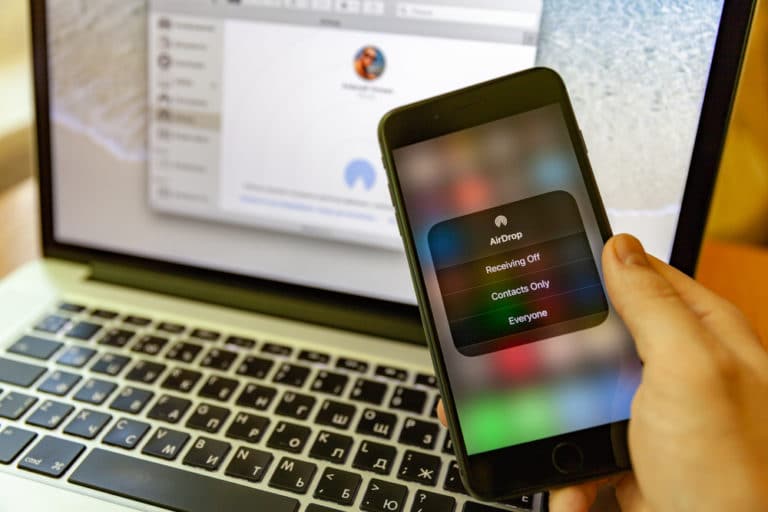Apple is tightening the privacy settings of AirDrop of users worldwide with the iOS 16.2 update. The tech giant faced backlash due to the feature’s privacy settings being limited to users in China.
Back in November, reports circulated of Apple limiting the usage of AirDrop in China. In the same period, the country faced heavy demonstrations over the government’s ‘zero COVID’ policy. Protesters have been utilizing AirDrop, which uses Bluetooth Low Energy and peer-to-peer wifi to transmit data and avoid Chinese censorship.
By activating the ‘Everyone’ setting, protesters and others could readily get files from other users, including people who weren’t already in their iPhone contacts.
Protestors needed the feature
With the introduction of iOS 16.1.1, users in China noticed new limits on AirDrop’s functionality. Following the update, iOS changed AirDrop’s privacy settings to ‘Contacts Only’ after 10 minutes, even if ‘Everyone’ had previously been selected. The ‘Everyone’ setting had to be manually selected by the user; it didn’t come as the default.
The change went into effect shortly after major media outlets reported that Chinese protestors were using AirDrop to send messages condemning president Xi Jinping and sharing information about demonstrations and guidelines on VPNs to circumvent the country’s censorship.
Apple is in a risky position
Some have accused Apple of supporting the Communist Party based on the fact that it has extensive ties to China as both a client and a manufacturer. Others argue that having the feature available to ‘Everyone’ posed a security and privacy threat, and should never have been allowed in the first place.
When reached for a comment on the AirDrop tweaks in China, Apple said that it was planning to bring the feature to customers internationally in the “coming year”. As it turns out, that’s already happening. Apple announced that the iOS 16.2 update will revert AirDrop’s settings to ‘Contacts Only’ after 10 minutes to prevent unsolicited requests.
Tip: ‘Apple tracks personal information despite claiming it doesn’t’
